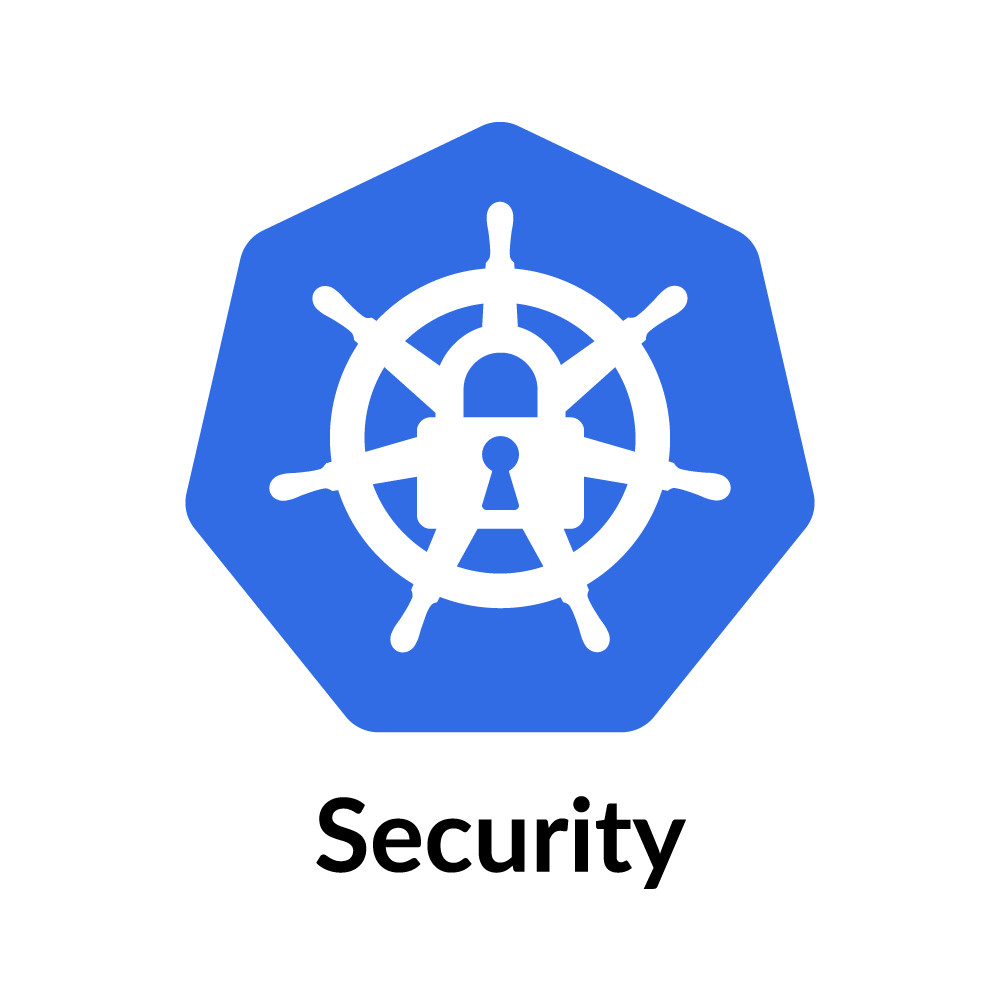The Rise of Upskilling and Reskilling: A New Paradigm for Employee Development
The global workforce is undergoing a profound transformation, driven by rapid technological advancements and a growing emphasis on sustainability. This has led to a surge in the demand for upskilling and reskilling initiatives, empowering employees with the skills needed to navigate a dynamic landscape.
The Challenges of Meeting the Upskilling and Reskilling Needs of Today's Workforce
As companies embrace new technologies and strive to meet sustainability goals, they face the challenge of ensuring their workforce is equipped with the necessary skills. HR, L&D, and IT departments are pivotal in this process, playing a crucial role in orchestrating and supporting upskilling and reskilling programs.
However, navigating this complex landscape presents numerous challenges.
-
Limited Access to Relevant Training Resources: With a vast array of training resources available, HR and L&D managers face difficulties in curating and providing access to the most relevant courses that align with employees' roles and career progression. Traditional learning management systems (LMS) often lack user-friendly search and browse functions, making it challenging for learners to discover the training options that meet their needs. This can lead to underutilized learning resources and hinder effective skill development.
-
Managing Compliance and Certification Programs: In industries with mandatory training certifications, HR and L&D managers face the critical responsibility of ensuring that employees are up-to-date with their training requirements. This includes managing and tracking employee progress in these programs. However, many teams struggle with enrolling all employees in mandatory training and ensuring that staff complete the necessary training to meet compliance and performance standards.
-
Challenges in Analyzing Training Data: Organisations need to analyze training data to make informed decisions about their upskilling and reskilling programs. However, without robust data analytics capabilities, it can be difficult for HR and L&D managers to gain meaningful insights. This lack of visibility can hinder decision-making and prevent organizations from identifying areas where upskilling or reskilling efforts are most needed.
-
Managing Complex Organizational Structures: In large organizations, ensuring that managers can effectively track the learning progress of their teams is critical. However, managing complex organizational structures within traditional LMS can be challenging, especially when it comes to providing managers with a comprehensive overview of their teams' learning progress.
-
Motivating Employees to Engage in Learning: The constant need for employees to update their skills poses a significant challenge. It requires more than just the availability of relevant courses; it also requires HR and L&D managers to develop effective strategies to motivate and support employees in their learning journeys.
Moodle Workplace: A Comprehensive Solution for Upskilling and Reskilling
Moodle Workplace, a cutting-edge learning management system, offers a comprehensive solution to these challenges, empowering organizations to effectively implement upskilling and reskilling initiatives. Here are some of the key features that make Moodle Workplace a powerful tool for employee development:
A Streamlined Learning Experience
-
Learning Catalogue: Moodle Workplace's revamped Learning Catalogue provides a highly configurable solution that simplifies course discovery and access. Learners can easily search by keywords, filter by tags, or use other metadata defined by the L&D manager, making self-directed learning more accessible.
-
Simplified Certification Management: Moodle Workplace offers an ideal solution for managing certifications, a critical compliance component in many industries. Its enhanced certification management features, such as centralized certification automation and Dynamic Rules, simplify the process of ensuring all employees are updated with their required training.
-
Enhanced Visibility and Decision-Making: Moodle Workplace is designed to make life easier for L&D managers and team leaders by providing tools that enhance visibility and decision-making. The “My Teams” interface, with its Team Overview block, gives managers and department leads a clear view of their team members’ progress. Additionally, the powerful custom reporting tool, including the Report Builder and Custom Pages, enables the creation of ad-hoc reports and dashboards, allowing users to generate tailored insights essential for data-driven decision-making.
Streamlining Team Management
- Organizational Structure Hierarchy: Moodle Workplace streamlines team management by enabling organizations to replicate their reporting lines and organizational structure within the learning environment. This ensures that reporting lines are clearly defined and that training is both relevant and aligned with employees' responsibilities.
Adapting to the Evolving Landscape
By leveraging the capabilities of Moodle Workplace, organizations can effectively address the upskilling and reskilling needs of their workforce, ensuring they are well-equipped to meet the demands of a dynamic and evolving landscape.
Conclusion: The Future of Employee Development
In an era of rapid technological change and growing sustainability concerns, organizations must prioritize upskilling and reskilling initiatives to stay competitive and maintain a skilled workforce. Moodle Workplace offers a comprehensive solution that empowers organizations to effectively implement these initiatives, providing a streamlined and engaging learning experience that enables employees to acquire the skills they need to thrive. With its robust features and user-friendly interface, Moodle Workplace is poised to revolutionize the way organizations approach employee development in the years to come.



















